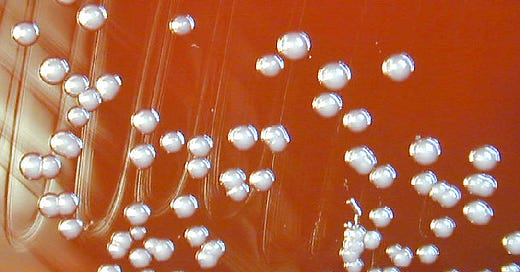In January, Northern Territory Health (NT Health) issued a health alert due to melioidosis:
Melioidosis is a serious disease caused by bacteria that live in tropical soils and water. Heavy rainfall brings them up into surface water and soil, where they can be picked up by the wind and spread in the air.
The bacteria can enter the body through inhalation or skin cuts and wounds.
In the Northern Territory, there is a higher chance of getting sick with melioidosis during the wet season from October to April.
Melioidosis requires urgent medical attention as it can be fatal if not treated with the right antibiotics.
To date, melioidosis has killed two people and infected 22 others in the region since the start of the latest wet season in October 2023, including six in the past week.
Queensland has reported nine confirmed melioidosis cases since the beginning of January, which officials say was high for that time of year.
Annually, about 50 people are diagnosed with melioidosis in the Northern Territory, most of them between November and April.
Subscribe to Outbreak News TV on YouTube
During the October 2022 to April 2023 wet season, NT Health said there were an unusually high number of cases, with 87 people infected and six deaths.
Melioidosis is caused by direct contact with Burkholderia pseudomallei, which is found in contaminated soil and water.
Cases are most common in areas of the world with tropical and sub-tropical climates–South and Southeast Asia, northern Australia, and parts of Central and South America and Puerto Rico.
Melioidosis has a wide range of nonspecific symptoms like fever, joint pain, and headaches and can cause conditions that include pneumonia, abscess formation, or blood infections. Worldwide, melioidosis is fatal in 10 – 50% of those infected.






